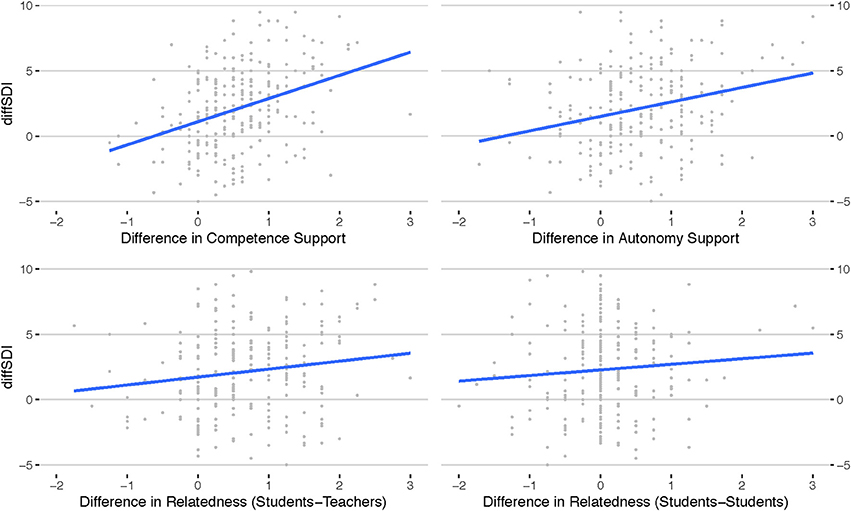
If you've been diagnosed with IBD, the fCal test is also used in routine testing for disease activity and therapeutic monitoring. The test can also be performed at home and mailed to the clinic or lab.įor the family doctor or general practitioner, the fCal can be helpful in determining which patients with diarrhea and other signs of Crohn’s or colitis need further testing for IBD. In some cases, the stool sample will be collected at the clinic or hospital and given directly to a health care provider. The fCal test is very practical and it does not require bowel preparation. The fCal can also help determine which patients need to undergo further testing using endoscopic procedures including upper endoscopy and/or colonoscopy. This results in higher levels of calprotectin in your stool.įecal calprotectin (fCal) tests are a non-invasive method that can be used to check for signs of intestinal inflammation in the stool. Figure 2 Colonoscopy reveals pseudomembranous plaques in the colon of a. When the white blood cells fight inflammation, they release their contents, including calprotectin. Clostridium difficile infections are among the most common and most serious. When there is inflammation in your intestines, white blood cells will go to that area. diff.Ĭalprotectin is a protein found in white blood cells. In people with IBD, recent gastrointestinal surgery may cause C. A gastroenterologist may use an endoscopic test to examine the colon and check for lesions to confirm a diagnosis of C. Test results of EIA are normally available within a few hours. The EIA test is not as accurate as the PCR, but is often used in combination with other tests when PCR is not available. This is a newer type of test and not yet available in all labs. The PCR is a highly accurate test that normally only requires one stool sample and results are provided rapidly. diff toxin in stool samples: A polymerase chain reaction (PCR)Ī PCR is one type of test used to detect the C.

diff bacteria and/or genes associated with this toxin production. In most cases, a liquid or unformed stool sample is collected in a container and tested in the lab for toxins produced by the C. diff is associated with recent or current use of antibiotic medication and/or IBD.

It can also cause fever, abdominal pain, nausea and/or vomiting. difficile is a bacterium/germ that causes mild to severe diarrhea that persists after a few days.


 0 kommentar(er)
0 kommentar(er)
